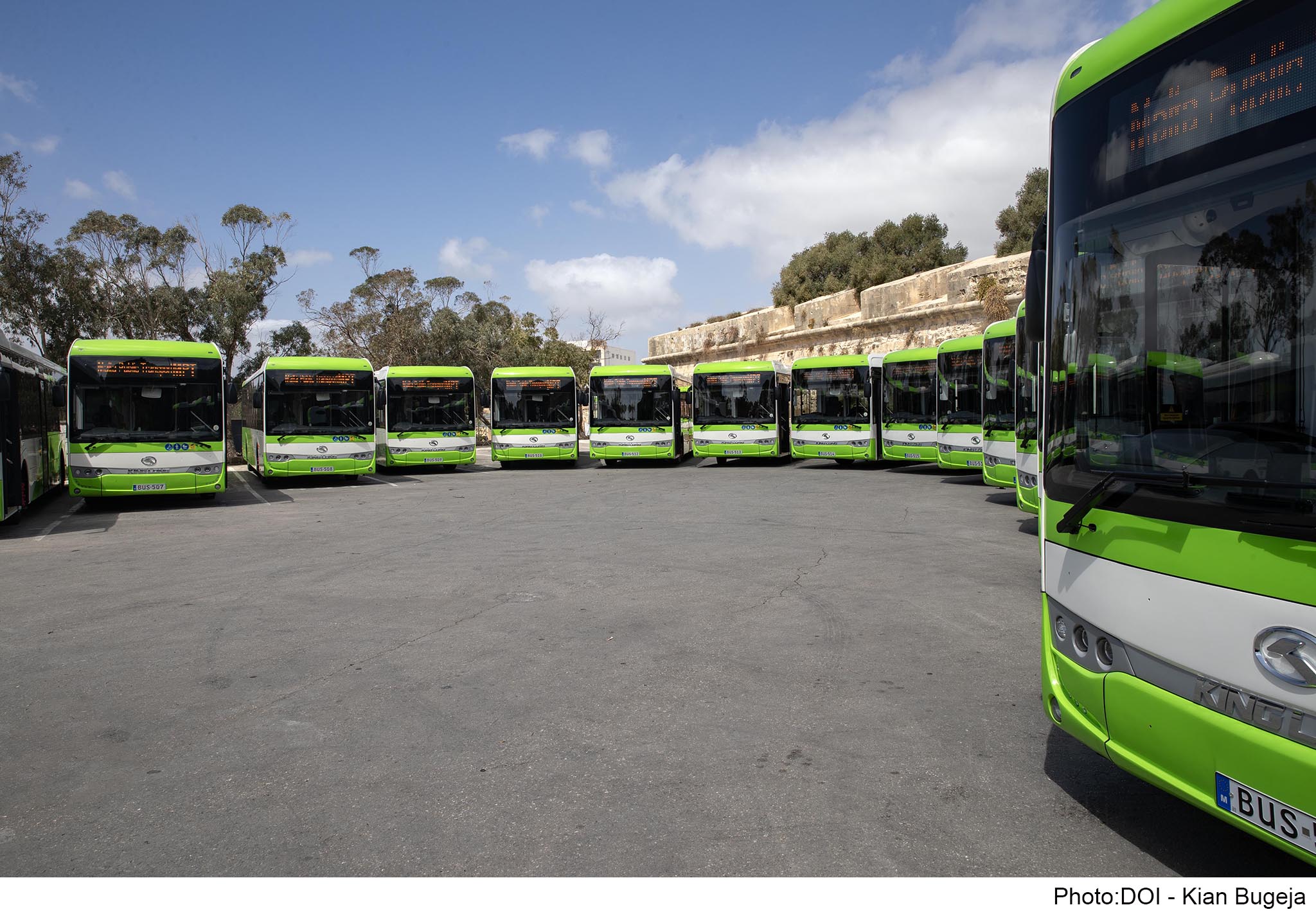A scheme set up to help the unemployed find work has only been effective in assisting 121 persons since it was set up in 2016, despite a financial outlay that costs the taxpayer an estimated €10 million-plus every year.
The main objective of Community Work Scheme (CWS) is to provide job experience and training to inactive and long-term unemployed persons to enable them to position themselves better when looking for a job.
Of the 1,476 persons who joined the scheme since 2016, when it was reworked by then-JobsPlus CEO Clyde Caruana (currently serving as Finance and Employment Minister), only 121 de-registered because they found work elsewhere – a success rate of just eight per cent.
Another 186 de-registered for other reasons, leaving 1,169 persons on its books.

The figures emerge from a follow-up report conducted by the National Audit Office (NAO), which had audited the scheme in 2019.
At the time, the NAO concluded that certain issues needed to be addressed “so that the scheme would not merely serve to strike off inactive and long-term unemployed persons from the unemployment register”.
In the follow-up, published on Monday (yesterday), the NAO said that the CWS’s eight per cent success rate “shows that the scheme has not yet attained its aim of preparing and encouraging the vast majority of the scheme’s participants to seek employment in higher value added economic sectors. Within this context, the scheme is being rendered as an end in itself rather than a stepping stone towards gainful and sustainable employment”.
The impact of the scheme is most evident in Gozo, which accounts for around 45 per cent of the scheme’s workers despite having only 6.7 per cent of the total population of the country.
The cost of the scheme is uncertain, although the NAO found that it cost €12.8 million to run in 2018.
The Community Work Scheme is operated by CWS Consort, made up of District Operations Ltd as lead partner and the Community Workers Scheme Enterprise Foundation as a member. Both organisations have the General Workers Union as majority shareholder.
The five-year concession, which ran between 2016 and 2021, was re-issued for tender in 2021. While CW Consort bid to administer the scheme once again, a cheaper bid was placed by CW Scheme Consortium, led by tax and advisory firm EMCS with hospitality, construction and care giant AX Group and recruitment specialist Konnekt Search and Selection as partners, although this bid ultimately proved unsuccessful.
The CWS has long been criticised by the private sector for effectively reducing the available workforce at a time when businesses are feeling the crunch of a staffing crisis.
Last year, Malta Employers Association director general Joseph Farrugia said there is “no reason” for the scheme, which according to tender documents is aimed towards “non-professional and unskilled” workers, to employ over a thousand workers.
“There are ample job opportunities in the private sector for these people to be absorbed in many areas – construction, catering, transport, and others, with minimal training.”
Workers with the CWS are registered as being in private employment, and therefore do not show up in figures showing employment in the public sector, despite being paid through public funds.
The consortium running the scheme receives €1,220 per month per worker, according to the NAO’s 2019 report (download link), and receive a monthly salary between €792.26 (the minimum wage) and €1,000 (when including bonuses, as per the NAO). The difference goes to the consortium, which posted “administrative expenses” totalling €1.2 million in 2018 alone. The companies’ directors meanwhile received €46,600 in remuneration that same year.
In its 2019 reporting, the NAO put forward a number of recommendations, most of which have not yet been implemented to its satisfaction. For example, while the new contract does include a stipulation to include training as part of the scheme, the NAO found that “it might be difficult to achieve” the scheme’s aims with just 25 hours of training per year.
Ultimately, the NAO expressed its belief that the CWS is “the main source of employment for its participants”, and called for every effort to be undertaken to ensure it produces its intended outcomes and helps participants improve their employability.
Government shells out close to €70 million to national bus operator Malta Public Transport in 2023
Buses became free for residents in late 2022, leading to a hefty increase in the public subsidy
Opera Cloud PMS: The cost-effective property management system for any hotel size
Smart Technologies Ltd provides leading hotel PMS system, starting from just €6 per room per month
Inflation rate in Malta drops from 3.7% in January to 2.7% in March, nearing EU average – Government
The Government attributed the decrease in inflation to its initiative ‘Stabbiltà’






